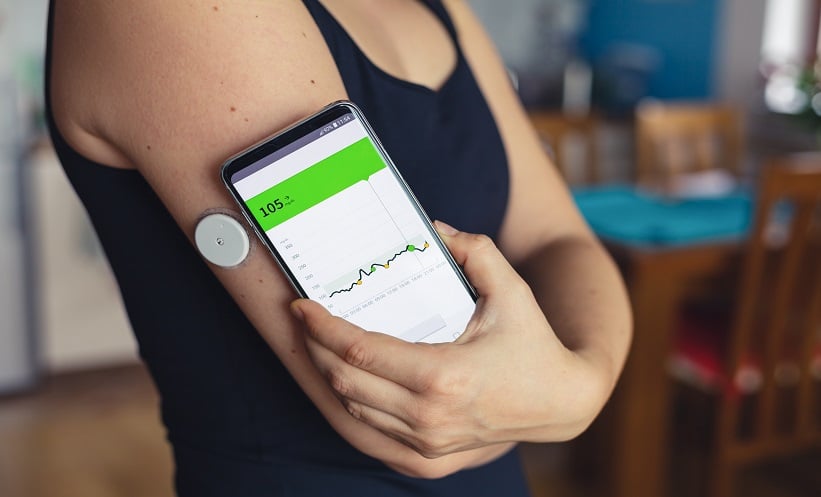TYPE 2 diabetes (T2D) remains one of the most common and burdensome chronic diseases globally, often requiring careful insulin management in hospital settings. Optimising insulin titration is vital to achieve safe and effective blood glucose control, but healthcare systems continue to face limitations in resources, especially the availability of senior clinicians. This has prompted growing interest in using artificial intelligence (AI) to support clinical decision-making. A recent randomised controlled trial has shown that an AI-based insulin dosing support tool is not inferior to decisions made by experienced endocrinologists, an important finding for future inpatient diabetes care.
The multicentre, single-blind trial took place across three endocrinology wards between October 2021 and September 2022. Adult inpatients with T2D and recent antidiabetic treatment were randomly assigned to receive insulin dose adjustments over five days either from an AI-based clinical decision support system (iNCDSS) or from senior physicians. The primary outcome was the proportion of time patients’ blood glucose levels remained within the target range of 70–180 mg/dL. Secondary measures included other glucose metrics and the incidence of adverse events. Noninferiority was defined as a margin of six percentage points.
In total, 149 participants were randomised (mean age 64.2 years; 56.4% male). Those managed by the AI tool spent an average of 76.4% (SD: 16.4%) of time in the target glucose range, compared to 73.6% (SD: 16.8%) in the physician group. The estimated treatment difference was 2.7% (95% CI: −2.7%–8.0%), confirming the AI system’s noninferiority. Importantly, there were no significant differences in adverse events between the two groups, and physicians reported high satisfaction with the tool’s usability and efficiency.
These findings suggest that AI-assisted insulin dosing could offer a safe and effective alternative to physician-led titration in inpatient settings. However, the study was limited to short-term use over 5 days and focused on a relatively well-controlled group of patients. Broader generalisability remains to be validated in more diverse clinical populations and over longer durations. Nonetheless, the potential to streamline workflows and alleviate clinician burden is promising, particularly in healthcare systems facing rising demand and constrained specialist availability.
Reference
Ying Z et al. Real-Time AI-Assisted Insulin Titration System for Glucose Control in Patients With Type 2 Diabetes: A Randomized Clinical Trial. JAMA Netw Open. 2025;8(5):e258910.








